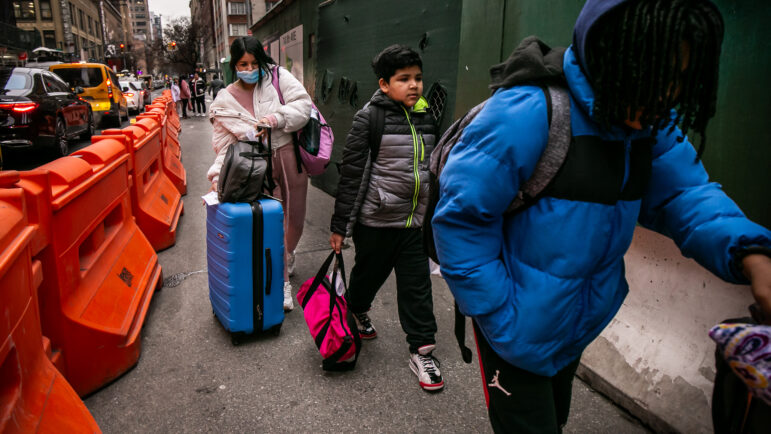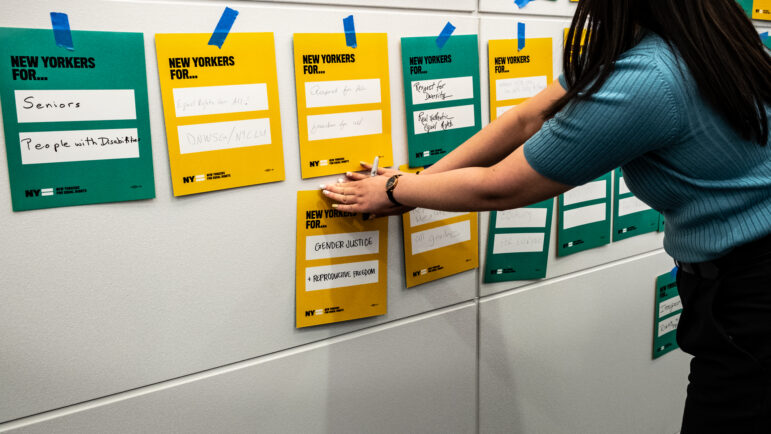Caught between an affordable housing shortage and a need for more small business development, a group of Washington Heights residents has decided to take on a problem that has become rampant in recent years: illegal conversion of ground floor apartments into stores and offices.
According to an informal survey conducted by members of Community Board 12 over the last several months, the owners of about 700 street-level apartments between West 155th and 221st streets have been renting those spaces out for mom-and-pop grocery stores, hair and nail salons and doctor and dentist offices.
Landlords can get much higher rents–sometimes ten times more–for commercial spaces than they can from residential tenants, explained board member Martin Collins, who led the survey.
But the neighborhood, he said, is losing out. While in some cases, the small businesses have been good for the area, he said, the need for affordable housing is more important.
To better balance the needs of the neighborhood, and to prevent other illegal businesses from cropping up without shutting down most of the existing shops, the community board is working with City Councilmember Robert Jackson to lobby the city to designate as new commercial districts the main thoroughfares of Audubon and Amsterdam avenues, where small groceries, travel agencies, beauty shops and restaurants have opened up in recent years in spaces zoned to be residences. At the same time they will work with the city’s Department of Buildings to crack down on the illegal use of apartments as shops along the area’s side streets.
By making the commercial area on the avenues official, said Collins, the city can collect business-level taxes, which it currently loses out on due to the illegal conversions. Right now, said Collins, “resources that would go to the community do not.”
Ilyse Fink, a spokesperson for the city Department of Buildings, says her agency is aware of the problem in northern Manhattan, and will send inspectors out to check on the properties as soon as the community board gives them a list of addresses of the offenders.
Of course, illegal use of residential properties is not unique to northern Manhattan. In Brooklyn and Queens, some one-family homes illegally house too many people, or are turned into multi-apartment buildings which “draw too heavily on the city’s already stretched resources for sanitation, schools and transportation services,” said Dan Andrews, spokesperson for Queens Borough President Helen Marshall, who has recently reconvened the borough’s Illegal Conversions Task Force.
In Washington Heights, Councilmember Jackson hopes community members can resolve the problem before it intensifies. Jackson says, “Business proprietors, residents and community leaders need to sit down and come up with a solution to satisfy both sides.”








